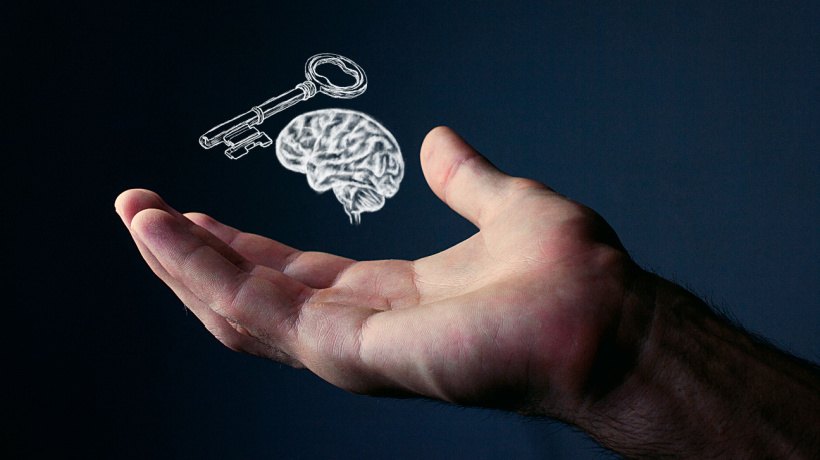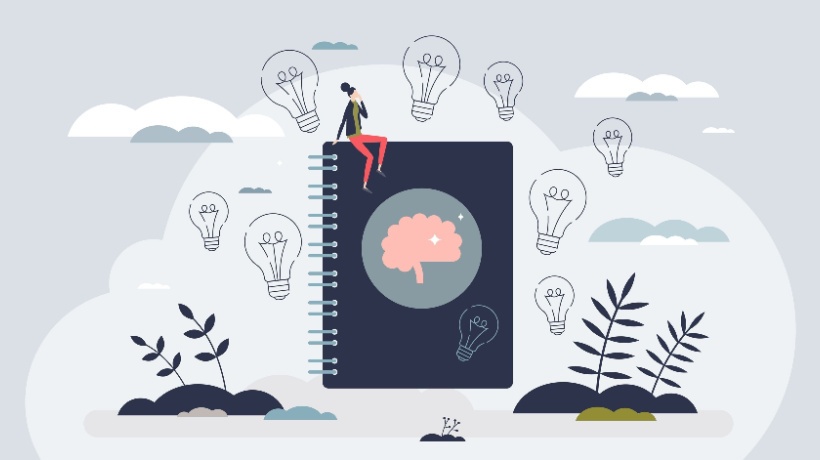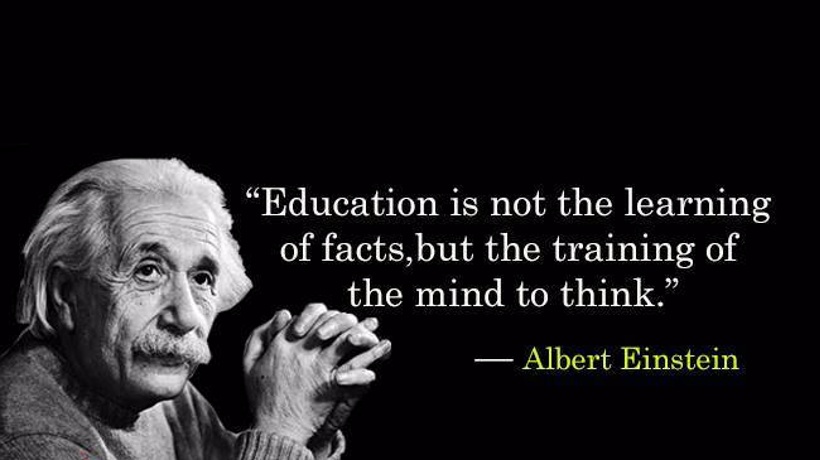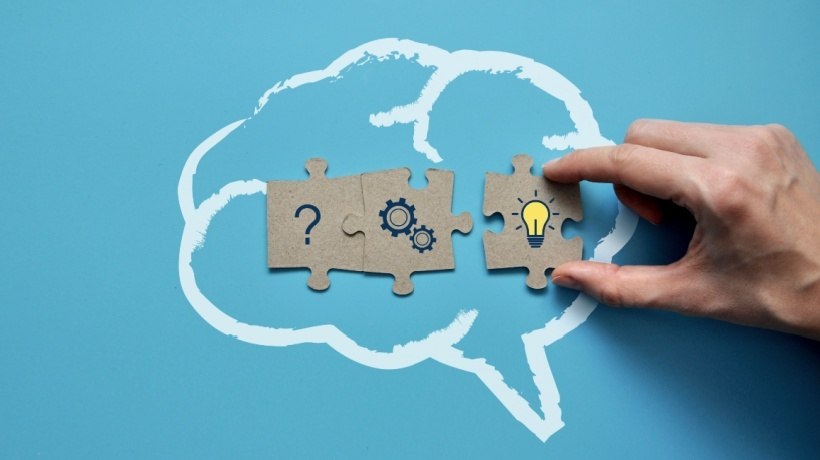Leveraging The Benefits Of Neuroeducation For Continuous Learning
The pursuit of continuous learning has become a prevalent topic in many conversations regarding personal and professional success over the past years. But how does one create sustainable learning habits that nurture this lifelong quest? The field of neuroeducation provides an answer to this question, offering insights into how our brains learn best and retain information for longer. If you're ready to seize the day and start cultivating long-term habits that will aid in your development journey, look no further. Let's review some of the many benefits of neuroeducation and find out how to channel our innate thirst for knowledge into a lifelong practice of continuous learning.
6 Neuroeducation Benefits That Create Sustainable Learning Habits
Beyond learning, neuroeducation offers benefits that promote our overall development, optimizing how we navigate social situations, and even how we collaborate with others. Moreover, incorporating neuroeducation-based practices into our daily lives helps us cultivate skills and achieve goals, increases mental prowess, and allows us to reframe and address challenges as opportunities. These benefits extend beyond formal educational settings, as individuals can develop sustainable, brain-compatible learning habits that stand the test of time. Let's go over the most prominent benefits of neuroeducation.
1. Personalized And Self-Regulated Learning
Neuroeducation allows learners to capitalize on their brain's natural processes, empowering them to adopt learning strategies tailored to their unique cognitive characteristics and strengths. It emphasizes the importance of personalized learning to accommodate learners' evolving needs and preferences within learning environments as they progress toward mastery. Additionally, it allows them to take the reins of their learning journey, fostering a sense of ownership and encouraging self-awareness and self-discipline through metacognitive reflection.
Specifically, neuroeducation-based approaches that combine metacognitive practices and self-regulated learning coach learners on how to set their own goals, monitor their progress, and identify areas for improvement. At the same time, a personalized approach to learning equips them with the proper toolkit to systematically address and fill gaps, utilizing tailored curricula that are designed to help them take the next step. Hence, personalized and self-regulated learning is instrumental in creating sustainable habits that aid continuous development.
2. Enhanced Skill Acquisition
Neuroeducation-based approaches help individuals accelerate their skill-acquisition efforts by optimizing the learning process and reducing the time required to achieve proficiency. By following how their brain learns more efficiently, instead of going against the grain, learners are able to progress more rapidly in their upskilling journeys. No more wasting time through antiquated learning methods that counteract organic knowledge acquisition and retention; neuroeducation breaks down these silos and steers learners toward achievable, long-lasting practices, helping them inch closer to their goals quickly and effectively.
3. Improved Problem-Solving Skills Through Creativity
Unsurprisingly, the neuroeducation domain can also inform learning strategies that target the cultivation of certain skills among individuals, such as problem solving and creativity. Specifically, stimulating creative expression can boost learning outcomes, improve concentration, and create positive associations with the learning process while generating enhanced problem-solving capabilities. Through neuroeducation-based activities that promote ideation and experimentation, learners can leverage their creative potential to develop fresh perspectives and ideas, implement inventive solutions to address problems, and unleash their inner drive for innovation within and beyond their learning journey.
4. Cultivation Of Emotional Intelligence
By channeling the latest neuroscientific research, educators and eLearning professionals can deduce how to train the brain and nurture emotional intelligence among learners. Through these findings, they can foster self-awareness, empathy, and other crucial interpersonal skills that are invaluable throughout an individual's life.
Essentially, neuroeducation informs how learners should practice emotional regulation, learn effective communication, develop empathy, navigate social interactions, and collaborate better with others. After all, emotional intelligence is a core skill both in and out of the workplace or classroom; helping learners achieve this coveted attribute is an investment for their overall growth in the long run.
5. Lifelong Learning Mindset
The drive toward lifelong learning equips individuals with the motivation to take ownership of their development and harness opportunities for their betterment. As learning extends beyond formal education, learners become adept at developing new skills and gaining new knowledge, leveraging their brain's innate adaptability and unique cognitive characteristics. By formulating sustainable practices that promote knowledge acquisition and retention, the lifelong learning mindset will also play a significant role in overcoming challenges and nurturing resilience and perseverance among individuals.
6. Neuroinclusivity
No two brains are the same. Human cognition is known to present various individual cognitive characteristics that evolve and change as the brain reshapes itself through continuous neurogenesis in the span of a lifetime. With neuroeducation acknowledging the rich diversity in cognitive characteristics among learners, it's possible that this field can pave the way toward more inclusive educational spaces. By leveraging the benefits and principles of neuroeducation, educators can account for learners' neurological and cognitive differences during Instructional Design and create learning spaces that accommodate and value neurodiversity and, ultimately, promote neuroinclusivity.
Unlock Your Full Learning Potential
Learning is not a finite endeavor but a lifelong quest. Neuroeducation illustrates the ways we can leverage to grow in our personal and professional lives. While there's no perfect recipe, the benefits of neuroeducation demonstrate how to harness and channel this thirst for knowledge into a rewarding journey of continuous development. It's a potent tool for educators and learners alike, paving the way toward inclusive and productive learning spaces that value human cognitive uniqueness and promote a long-lasting desire for improvement and knowledge acquisition.







